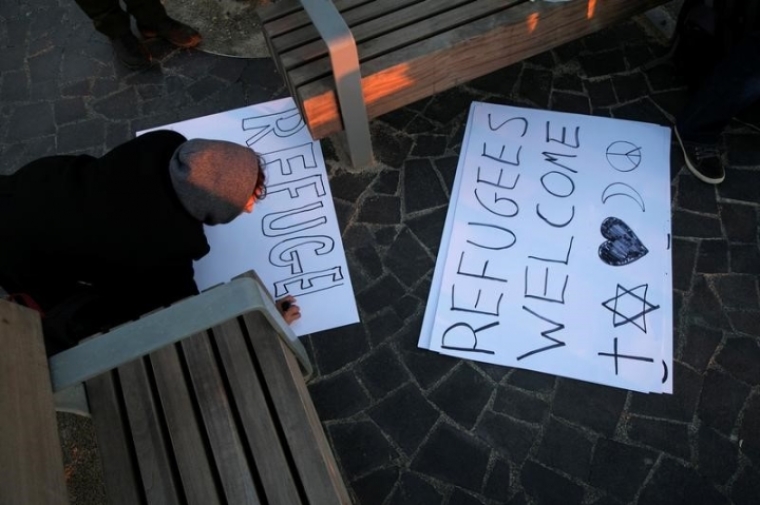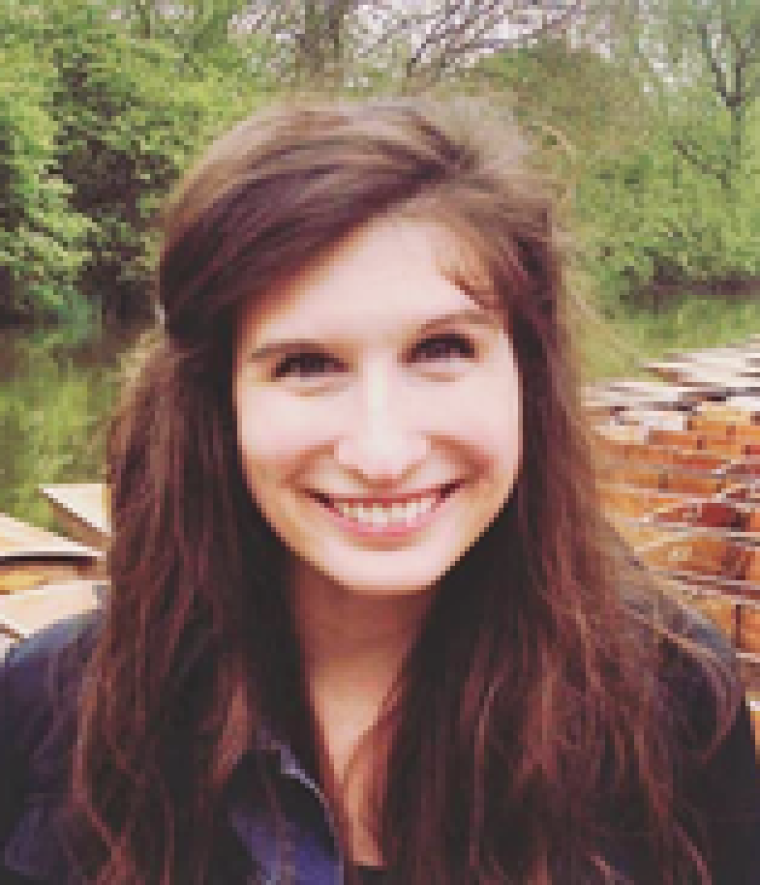

Many of us think we are "not good at maths", and we will cringe at the heading of this article.
I know one clever science teacher who, when her students say this, she changes it to: "I'm not good at maths – yet." With patience on her part, an emphasis on understanding the concepts and patterns and a DE-emphasis on memorisation of isolated facts, she can help her students to overcome this temporary mind-block.
She maintains, as I do, that mathematics is different from arithmetic. Some of us may not be able to add a column of figures, nor remember a phone number – but these things are just arithmetical manipulation of numbers. (Although I do admire those who can intuitively do these things, they have an easier life than I do).
Mathematics itself is a logical way of constructing patterns, which may or may not involve numbers. It is summarised nicely in 1 Corinthians chapter 14 verse 40: "But all things should be done decently and in order."
For example: builders and seamstresses use geometry all the time, without realising; electricians use sophisticated algebra as an inherent part of their work in wiring up a home or large office; biologists and psychologists use statistics and other ways of graphing and noting patterns in their fields of study. These people do not need to add up a column of numbers in their heads! But they do use their deep understanding of mathematical concepts and an ability to put them into practice.
Many scientists also use sophisticated mathematics in their daily work, but there are others who only need to understand enough maths to be able to describe their results using charts and graphs and computer simulations.
Because many aspects of science and maths are closely integrated, the acronym STEM (science, technology, engineering, maths) is used to emphasise the importance of educating our young people to be able to "do science" or "use science" for the benefit of our society; and a basic facility with maths concepts is necessary for this.

The importance of STEM in our education system
Of course we don't want or need everyone in our society to be expert academic mathematicians – just like we don't want or need everyone to be chefs or hairdressers or truck drivers, or even pastors. Society will benefit if all kids get the best possible opportunity to study som rigorous mathematics right through high school, then they can choose whether it is right for their profession or not. To cut them off any earlier seems to be a waste of our country's talent.
The Australian Federal Government is about to announce recommendations for a revised program for high school maths education, to ensure that some mid-level maths is a pre-requisite for all University STEM-related courses. This has been applauded by professionals such as those in the Australian Mathematical Sciences Institute.
Different cultures, different education systems, different outcomes
Sometimes, when comparing the achievements of our students with those overseas, we develop a bit of a "cultural cringe". Although Australia does reasonably well, coming about 14th in maths rankings (much higher than the USA at 28th), people look to the differences in education in places like Singapore where their children regularly get one of the top spots.
One mother who had lived in the USA for 15 years, then went to Singapore commented that the mothers there were much more involved in mathematically-oriented learning activities for their toddlers, whereas those in the USA were more interested in language, arts, social values and encouraging their imagination (etc).
She relates this conversation: "As I talked to Priya in greater detail about what she did with her boys, I realised that she integrated maths and science into the fabric of daily life in a number of ways. In the US, I had read over and over again about the importance of creating a print-and language-rich home for children, but here in Asia, I began to see many mothers working hard to create a mathematically rich home for their children."
There is, however, a darker side to this story. Because there is such a high importance placed on high academic outcomes, particularly in maths and science, it is feared that some children (and their families) in Asian societies become burdened by a perceived need to succeed. On an ABC radio program, reporter Shivali Nayak quotes: '"Another 16-year-old Tee Shao Cong said the stress in Singapore's education system was so intense that "one's dreams could be shattered in a matter of seconds if we fail".'

Balancing the experiences of children
Because of the detrimental effects of too much pressure, too early, on a narrow range of subjects, the Singapore Government is now trying to put an emphasis on a more balanced education system. They are now hoping to value a wider range of skills of its young people and reduce the pressure on families and particularly children.
After all, Finland comes 6th in the maths "league tables", yet it takes exactly the opposite educational approach. Over 40 years, it has introduced more play and less formal instruction of children before the age of seven years old and no formal exams until the matriculation at the end of school.
Back here in Australia, despite the hype that we sometimes hear about the reduction in the number of students studying STEM subjects, the real facts are that enrolments in science and maths subjects at University have been steadily increasing. Yes, I said INCREASING. A report by the National Tertiary Education Union states: "Through the years 2005 to 2008 domestic undergraduate commencements (in all fields) were flat. They began to increase in 2008, and as Table 1 shows, grew rapidly between 2009 and 2013. The overall increase in commencements between 2009 and 2013 was 28 per cent."
Part of the problem is that, due to past policies, two generations of science and engineering students have been trying to gain University qualifications without sufficient mathematics background at school. It has proved difficult for them to "catch up" when they get to Uni, and even more difficult for the University lecturers and professionals trying to teach high quality professional degrees. It seems the Government, on advice from teachers and academics, is about to redress this situation.
Otherwise, with our approach less didactic and competitive than Singapore on one hand, but more structured than the USA on the other hand, we may encourage a more mathematically- and scientifically-literate society for future generations.
As an addendum, to show that no matter what the educational norms of a society are, you can't keep a good student down. Two hundred years ago, Ada Lovelace was one of the "brains" behind the development of the first computer (Charles Babbage's "Difference Engine"). She was the daughter of the poet, Lord Byron, but her mother had her tutored in mathematics, hoping that she would not become a poet like her father.
In the end, her natural aptitude for creativity shone through and she became one of the best mathematicians of her day (although much of her correspondence remained anonymous, because if they had known she was a woman, they would not have taken any notice of her theories or her calculations). Every year, Ada Lovelace Day is celebrated in October.
The parable of the talents, Matthew chapter 25 verses 14-30, indicates we should encourage our own children to develop whatever talents they have, and the will only know what these are if we introduce them to a wide range of subjects, including mathematics.

Dr Mark Tronson is a Baptist minister (retired) who served as the Australian cricket team chaplain for 17 years (2000 ret) and established Life After Cricket in 2001. He was recognised by the Olympic Ministry Medal in 2009 presented by Carl Lewis Olympian of the Century. He mentors young writers and has written 24 books, and enjoys writing. He is married to Delma, with four adult children and grand-children.
Mark Tronson's archive of articles can be viewed at http://www.pressserviceinternational.org/mark-tronson.html